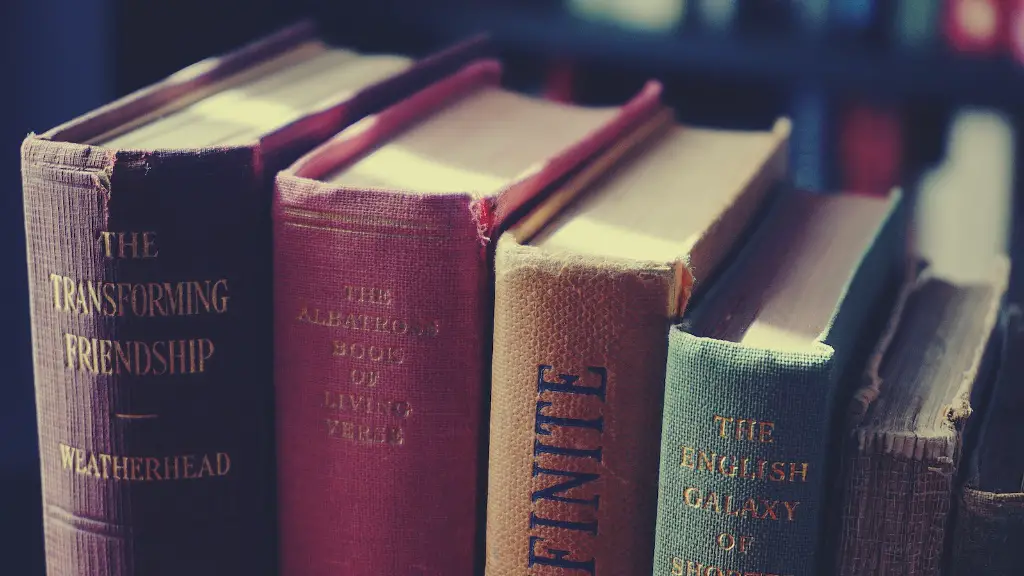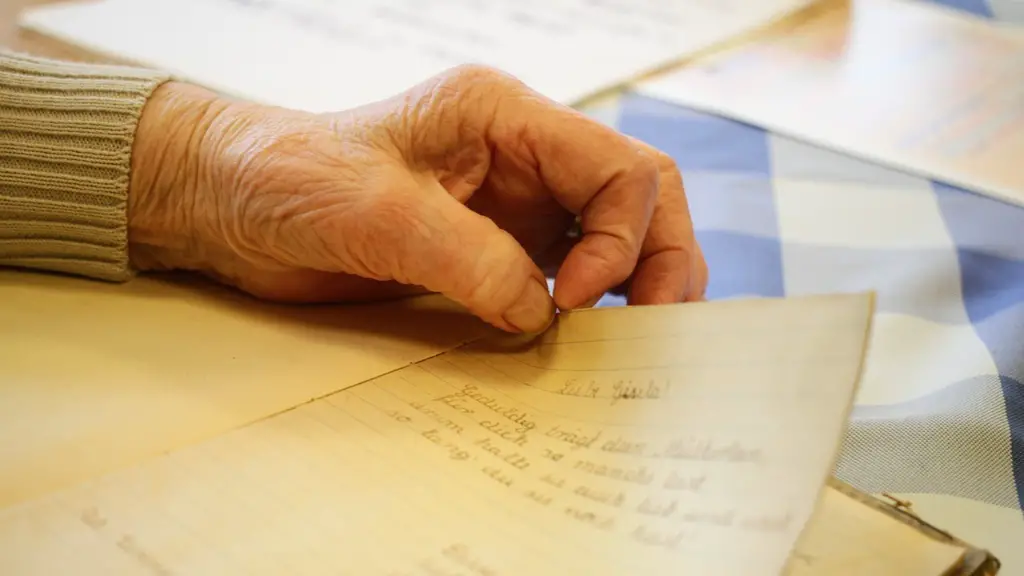Inner Reflection
Poetry has been a part of human existence since time immemorial and has been the vessel of our collective memories, feelings, and experiences. For me, poetry is a personal reflection on what I feel and how I see myself in the world. It acts as a mirror for my thoughts and emotions, a way for me to express myself without any inhibitions or worries. It offers a moment of pause, allowing me to process and admire my inner world, in all its complexity.
When I write poetry or read, it helps me to gain perspective and distance from my troubles. Poetry provides me with the space to reflect on my emotions without judgment and without fear. By taking the time to ponder the nuances and depths of my thoughts, I get a fuller understanding of the universality of human experience. Ultimately, poetry becomes a place of exploration and understanding, a space where I can inhabit and reflect on my thoughts in peace.
Freedom of Expression
The beauty of writing poetry is that I am given the freedom to express myself however I choose. I can explore the nature of feelings, ideas and experiences in a manner that is both creative and true to my own voice. For many, the act of writing brings with it a sense of control, and autonomy. Unlike other forms of writing, poetry allows us to open up and be vulnerable, to go beyond the surface level and explore the depths of human experience.
Poetry requires a certain level of creativity to get the ideas and words just right. As countless poets have learnt over the years, don’t just throw words down on paper and expect to capture the sentiment. Poetry should flow from your heart and come directly from your soul. It takes practice, dedication and a lot of trial and error to master the skill of writing good poetry.
Language of Imagery
The language of poetry is often described as the language of imagery. Writers use imagery in a variety of ways to evoke an emotional response from the reader. Symbols, metaphors and visual depictions of thoughts, feelings and experiences all help to create an image in the readers’ mind. Poetry demands that you think differently and approach communication in a fresh, imaginative way. This can be empowering both for the writer and the reader.
In poetry, words and phrases become the art, creating lines, images and emotions that can’t be expressed in prose. They take on new meaning and become a unique vehicle of communication and expression.
Finding Connection
Poetry can also act as a bridge to connecting us to the outside world. Poems can be adapted for stage performances, read aloud in school or simply shared among friends. The message or theme of the poem is always important, but so too is the meaning and connection it carries between people.
Reading and writing poems can act as an antidote to feeling isolated and alone. Poetry provides a platform for stories of loss, love and understanding shared between people, something that can bring solace and comfort in difficult times.
Personal Catharsis
Finally, but most importantly, poetry provides a way for me to find a sense of clarity and peace. Through it I can explore my emotions, both positive and negative. It allows me to address my fears, my losses and my traumas in a safe and anonymous way. It can open the door to optimism and hope. Poetry gives me a way to vent out my frustrations and make sense of the pain I am feeling. It can be a cathartic release of all the turmoil within me and the promise of something better.
Intellectual Stimulation
To some, poetry may appear to be an esoteric endeavour or even just an esoteric form of expression. But to me, poetry is an opportunity to learn and to grow. Reading good poetry can bolster one’s confidence and allow new ways of thinking. It encourages us to look at things from different perspectives, to explore and discover new ideas.
In order to truly understand the power of poetry, one must be prepared to think critically and to ask questions of the language and the world it describes. It helps us to develop our critical thinking, analysis, and communication skills.
Cultural Significance
Poetry’s capacity to connect people in an extraordinary way, both through its language and its emotional power, has been celebrated throughout history. It has enriched cultures and has provided a platform for social and political change. Poems can inspire us, give us courage and allow us to believe that our voices can make a difference.
Poetry can also be a link to our past and a bridge to the future. It preserves the stories that would otherwise be forgotten and allows us to be reminded of the power we all have to shape the world.
Knowledge Extension
Studying great works of poetry can teach us more than just the words that compose the lines. To truly appreciate the complexity and beauty of poetry, one must understand the language, the cultural references and the social context that the poem was created in.
Poetry can provide us with a window into history, a way to connect with great creative minds and to gain a better understanding of the world they lived in. In this way, we are not just learning about language, but also about life, culture and the people of the past.
Process of Refinement
Writing poetry does not come easily to all of us. I’ve spent countless hours pouring over my words, trying to perfect and refine my craft. However, even when I feel I’ve finally found the right words, it takes a certain level of control and tenacity to get it just right.
It takes time and patience to write a good poem, as trial and error are part of the process. There will be many rough drafts and imperfections, but the ultimate goal is to reach a level of satisfaction that allows one to be proud of the work being accomplished. In other words, it’s like sculpting a masterpiece out of the depths of thought, making it unique and special.
Connection to Nature
Often, if I’m stuck trying to put words to paper, I look to nature for creative inspiration. As a poet I am humbled by the ever-changing formation of clouds in the sky. The beauty of the sunrise, the rustle of the leaves, and the smell of the sea. All of these elements of nature act as a reminder of the greatness and power of the world around us.
In poetry, nature plays an important symbolic role and can help to bring our thoughts to life. Nature also has a calming effect and allows us to reconnect with the world we live in, to find peace and clarity within our minds.
Meaning of Life
Writing poetry helps to give me purpose and direction, both when I’m in the depths of darkness and when life feels perfect. It helps to remind me that life is not static, that life brings with it both joy and sorrow and that we should not take everything for granted.
More than anything, I write poetry to find meaning in life. To make sense of moments, feelings and experiences that I could never quite capture in prose. Poetry allows me to appreciate the beauty and chaos of life, to be grateful for every second of our human experience.


